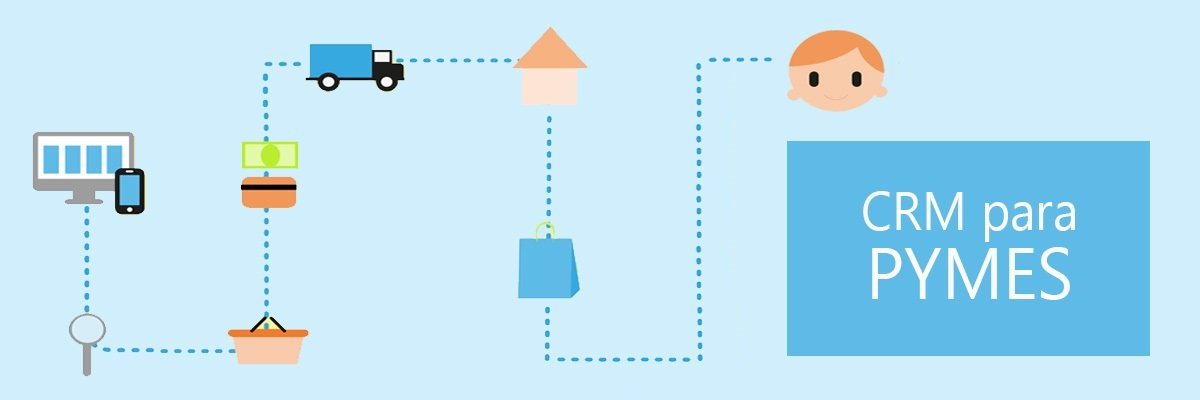CRM for managing multi-location businesses in the USA is a crucial topic, especially in today’s dynamic business landscape. This guide delves into the intricacies of customer relationship management for companies with multiple locations, exploring the unique challenges and opportunities they face. From restaurants and retail chains to healthcare providers and financial institutions, multi-location businesses are prevalent across various industries in the United States. We’ll examine the core features, strategies, and best practices necessary for success in this complex environment.
This comprehensive overview covers everything from defining multi-location businesses and identifying their common operational challenges to exploring data segmentation strategies, implementation best practices, and the importance of data security and compliance. You will also discover the value of CRM integration with other systems, reporting and analytics, and the latest mobile CRM solutions. Moreover, we’ll look at how to choose the right CRM platform and provide effective training and support to ensure your team maximizes its potential. We will also discuss future trends in CRM, such as the use of AI and machine learning, and how these innovations can benefit multi-location businesses.
Managing multi-location businesses in the USA requires robust CRM solutions. While optimizing business operations is crucial, sometimes we desire relaxation and entertainment. Consider enhancing your downtime with the latest smart home theater technology, which you can explore further by checking out Smart Gadgets to Transform Your Home Theater Experience. Ultimately, the effectiveness of a CRM system significantly impacts the success of multi-location business management.
CRM for Managing Multi-Location Businesses in the USA
Managing a multi-location business in the USA presents unique challenges and opportunities. Customer Relationship Management (CRM) systems are essential tools for these businesses to streamline operations, enhance customer experiences, and drive growth. This article delves into the intricacies of CRM implementation and utilization for multi-location enterprises across the United States.
Defining Multi-Location Businesses in the USA, CRM for managing multi-location businesses in the USA

Source: eoi.es
Managing multi-location businesses in the USA requires efficient customer relationship management. While ensuring seamless operations is crucial, so is maintaining a sophisticated lifestyle. For the modern traveler, incorporating convenience is essential, which is why exploring the Top Luxury Smart Home Gadgets for Travelers can be beneficial. Ultimately, a robust CRM system helps these multi-location businesses thrive by centralizing data and streamlining interactions.
A multi-location business in the USA is generally defined as an entity that operates from multiple physical locations. These locations can range from retail stores and restaurants to offices and manufacturing plants, spread across different cities, states, or even the entire country. Key criteria include:
- Multiple Physical Locations: The business must have a presence in two or more distinct geographic areas.
- Centralized Management: While locations may operate somewhat independently, there’s a degree of centralized control over key aspects like branding, marketing, and customer service.
- Shared Brand Identity: All locations typically share a common brand identity, ensuring consistency in messaging and customer experience.
Several industries commonly operate as multi-location businesses:
- Retail: National and regional chains like Walmart, Target, and local boutiques.
- Food Service: Fast-food restaurants (McDonald’s, Starbucks) and casual dining chains.
- Healthcare: Hospitals, clinics, and dental practices with multiple locations.
- Financial Services: Banks and credit unions with branches across different regions.
- Hospitality: Hotel chains (Marriott, Hilton) and resorts.
The geographical distribution of these businesses varies widely. Retail and food service establishments are often concentrated in metropolitan areas, while healthcare and financial services may have a broader presence, including suburban and rural locations.